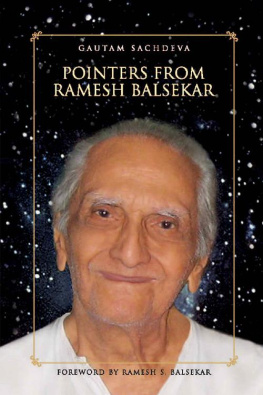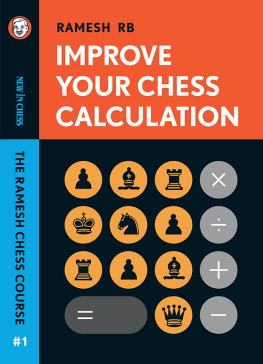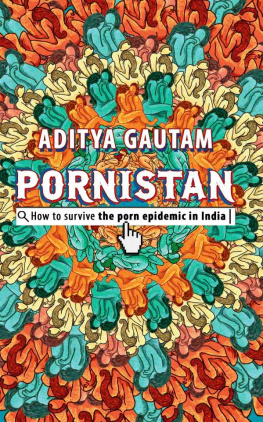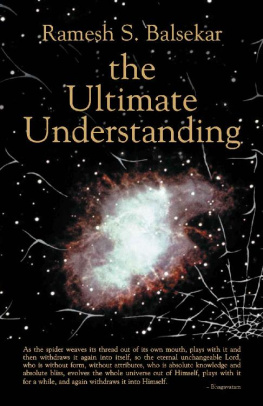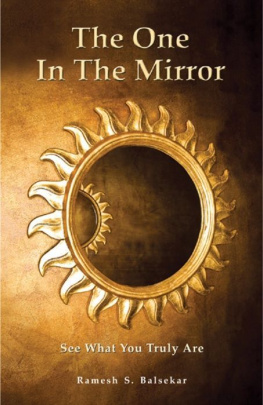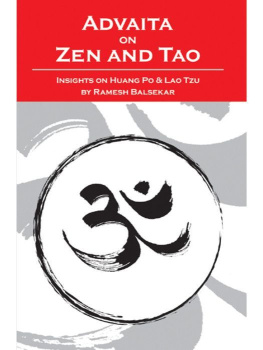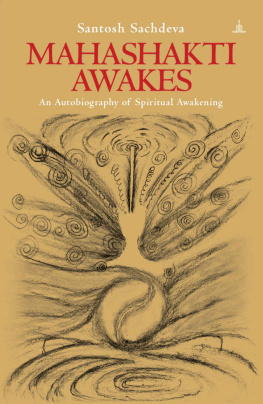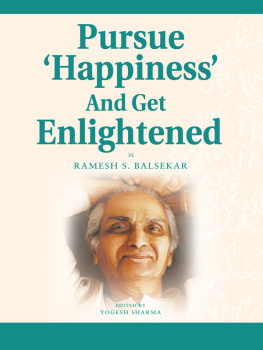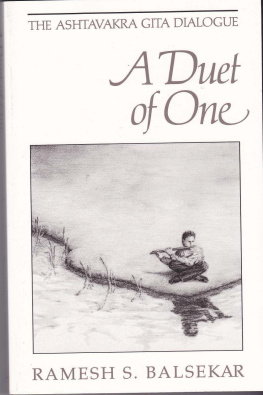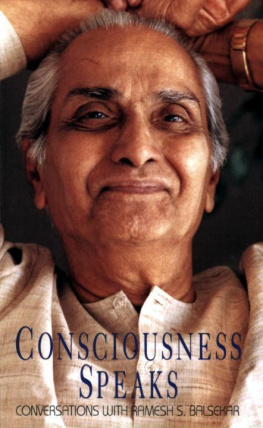Gautam Sachdeva - Pointers from Ramesh Balsekar
Here you can read online Gautam Sachdeva - Pointers from Ramesh Balsekar full text of the book (entire story) in english for free. Download pdf and epub, get meaning, cover and reviews about this ebook. year: 2012, publisher: Yogi Impressions, genre: Religion. Description of the work, (preface) as well as reviews are available. Best literature library LitArk.com created for fans of good reading and offers a wide selection of genres:
Romance novel
Science fiction
Adventure
Detective
Science
History
Home and family
Prose
Art
Politics
Computer
Non-fiction
Religion
Business
Children
Humor
Choose a favorite category and find really read worthwhile books. Enjoy immersion in the world of imagination, feel the emotions of the characters or learn something new for yourself, make an fascinating discovery.
- Book:Pointers from Ramesh Balsekar
- Author:
- Publisher:Yogi Impressions
- Genre:
- Year:2012
- Rating:3 / 5
- Favourites:Add to favourites
- Your mark:
- 60
- 1
- 2
- 3
- 4
- 5
Pointers from Ramesh Balsekar: summary, description and annotation
We offer to read an annotation, description, summary or preface (depends on what the author of the book "Pointers from Ramesh Balsekar" wrote himself). If you haven't found the necessary information about the book — write in the comments, we will try to find it.
Pointers from Ramesh Balsekar — read online for free the complete book (whole text) full work
Below is the text of the book, divided by pages. System saving the place of the last page read, allows you to conveniently read the book "Pointers from Ramesh Balsekar" online for free, without having to search again every time where you left off. Put a bookmark, and you can go to the page where you finished reading at any time.
Font size:
Interval:
Bookmark:
POINTERS FROM
RAMESH BALSEKAR
GAUTAM SACHDEVA


POINTERS FROM RAMESH BALSEKAR
First published in India in 2008 by
Yogi Impressions Books Pvt. Ltd.
1711, Centre 1, World Trade Centre,
Cuffe Parade, Mumbai 400 005, India.
Website:
First Edition, April 2008
Copyright 2008 by Gautam Sachdeva
All rights reserved. This book may not be reproduced in whole or in part, or transmitted in any form, without written permission from the publisher, except by a reviewer who may quote brief passages in a review; nor may any part of this book be reproduced, stored in a retrieval system, or transmitted in any form or by any means electronic, mechanical, photocopying, recording, or other, without written permission from the publisher.

All there is, is Consciousness.
Ramesh Balsekar
CONTENTS
FOREWORD
By Ramesh S. Balsekar

W hen Gautam told me that he had written a small book about the teaching and asked if I would like to go through the manuscript, my immediate reaction was: Ah, at long last, it has happened!
I had known for quite some time that Gautam was a natural for the teaching. From the beginning of our association, it was clear to me that the teaching was more of a deliverance rather than an awakening for him.
To be told that he was more a machine than a man did not surprise him at all. And that reminds me of a story that I read a long time ago. A large multinational company had to engage a number of people at a fairly high level, and they wanted to be sure that there would not be the slightest prejudice in the selection and that the selection would be totally objective. So, they used a very expensive robot especially designed for the purpose.
One particular candidate soon forgot that he was being interviewed by a robot and, while arguing a certain point, burst out saying, You are a fool! The robot quietly replied, Maybe so, my friend, but it is you who is being interviewed for the job.
The reader, I think, will find Gautam Sachdevas book so tremendously rewarding that, at the end of the book, he will probably lean back, relax, and wonder: Whos been reading the book?!
Ramesh S. Balsekar
24th February 2008
INTRODUCTION

I remember the first time I attended Ramesh Balsekars talk in February 2000. I really could not understand what all the fuss was about, as all I could hear him say to the group of visitors was that everything was the will of God. I made subsequent visits over the next few Sundays to see what I had missed out, but it invariably boiled down to this. I truly wondered why people would be so fascinated by such an obvious thought, that they would come from all over the world to hear it. I kept going back Sunday after Sunday, and in the process absorbed various facets of his teaching.
It had always been apparent to me that the biggest things that moulded my life up until then had simply happened, without me playing an active role in them. I lost my father when I was fourteen. Truly, that happening was not a result of something I had done.
Similarly, another situation arose when I had to take the reins at work when I was twenty-four and head a staff of thirty people all of whom were older to me, or else the Company would wind up as the management had exited the business en masse to start a competitive venture. I surely had not chosen this situation either; it simply happened.
I remember, in my teenage years, when confronted with innumerable fearful situations such as waiting for the exam results, there would be anxiety and I would keep repeating to myself:
1. There is no point worrying for if it is supposed to happen, then no amount of worrying is going to prevent it from happening.
2. If it does not happen, then an enormous amount of time would have been spent worrying.
Of course, while this sounded rational to the mind, at that age it did not help reduce the chatter. Rather, it added to the chatter as now the mind simply started repeating the two logical statements over and over again, like a mantra. I t was clear that the understand ing had to be elsewhere, other than the mind, as the mind was like a dog going round and round chas ing its own tail. It was many years later, after being exposed to Rameshs teaching, that I understood the difference between intellectual understanding and an understanding in your heart, as he says.
The value of a teaching can be measured by the impact it has in ones daily living. I found innumerable instances when exposure to the teaching consistently shifted my degree of understanding lifes situations.
To give a small example: I remember one day, a few months ago, when I took a friend from overseas and her eleven-year-old daughter shopping to a handicrafts store. The daughter had to shop for gifts for her friends, and her mother warned me that she was indecisive by nature and it would take a while, so I would be better off if I went home and they followed. I decided to stay as they needed a ride back. I was just observing the daughter going back and forth from the store shelf to the cash counter, and then back again to exchange the gifts. She was certainly not enjoying this, and I could clearly see that she was suffering as she had a frown on her face. She simply could not decide on which gift items to take. It was so obvious that being indecisive was not her doing; rather, it was based on her genes and conditioning as Ramesh would say. Why would anyone choose to be indecisive? Compassion arose in place of what could have been irritability or annoyance, and I marvelled at how a shift in perspective could change ones reaction. I found the mother getting stressed thinking that the childs behaviour would make me irritable, and so now I found myself trying to reassure the mother that everything was okay. This minor incident revealed to me how the understanding could have an impact in ordinary, day-to-day situations.
Many years later, I even got into the publishing of spiritual books by accident or so it seemed. There werent many takers for my mothers manuscript as it was, perhaps, the first time the Kundalini experience was being explained through colour illustrations. Thus, it was perceived to be a publishing risk due to the high costs involved. Hence, we decided to publish it on our own, and thats what gave rise to the publishing firm. Little did I know that the firm would still be around after five years, publishing other books including Rameshs. I remember being interviewed by a leading daily newspaper which was doing a feature on the spiritual/ holistic lifestyle business. The voice at the other end of the line asked, What is your business plan? When I replied, Only God knows, he thought I was joking! When I mentioned that I truly did not know, as it was not a conventionally planned business, he promptly hung up thinking I was making light of the situation.
I mention all these incidents from my life so that you can see that in yours the big events, the turning points, had a lot to do with situations and circumstances you were presented with. If those had not happened, you would not be where you are today. Take a look at the friends around you didnt most of them become your friends through chance encounters?
Life happens . This is what I heard Ramesh speak about over the next few months after my first visit. For me, the fact that we do not choose to breathe but, rather, breathing happens, ended any argument on the concept of non-doership before it even began. Any concerns about the teaching being fatalistic were put to rest when I read what Ramana Maharshi had to say: The purpose of ones birth will be fulfilled whether you will it or not. Let the purpose fulfil itself.
Next pageFont size:
Interval:
Bookmark:
Similar books «Pointers from Ramesh Balsekar»
Look at similar books to Pointers from Ramesh Balsekar. We have selected literature similar in name and meaning in the hope of providing readers with more options to find new, interesting, not yet read works.
Discussion, reviews of the book Pointers from Ramesh Balsekar and just readers' own opinions. Leave your comments, write what you think about the work, its meaning or the main characters. Specify what exactly you liked and what you didn't like, and why you think so.

